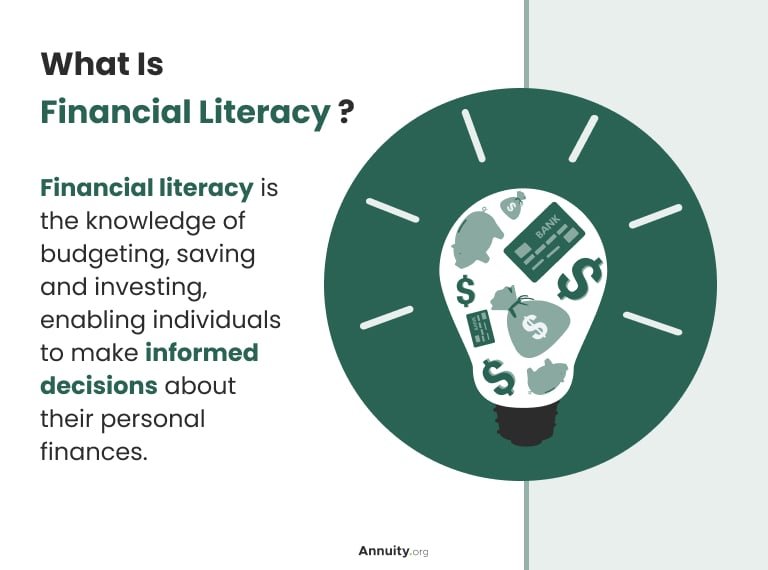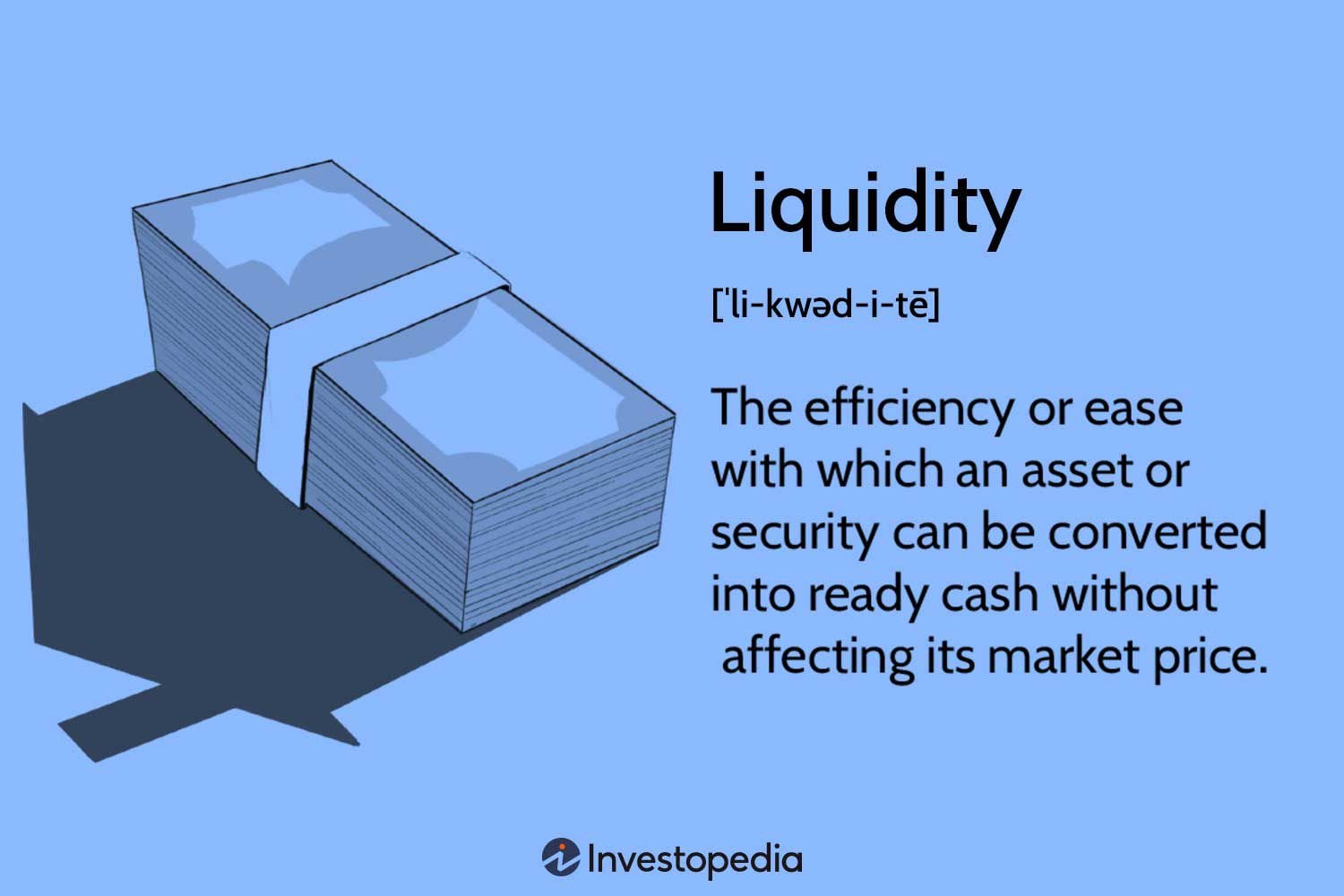Are you looking for practical ways to improve your financial well-being? Conducting a financial wellness check is an essential step towards gaining control over your money and achieving your financial goals. In this article, we will explore some valuable tips for conducting a financial wellness check. By following these simple yet powerful strategies, you can take charge of your financial situation and pave the way for a more secure future. So, let’s delve into these tips for conducting a financial wellness check and start making positive changes today.
Tips for Conducting a Financial Wellness Check
Financial wellness is an essential aspect of our overall well-being. It involves managing our money effectively, setting financial goals, and ensuring we have the resources to meet our needs and secure our future. Conducting a financial wellness check is a proactive and crucial step towards achieving financial stability and peace of mind. In this article, we will explore some valuable tips to help you conduct a comprehensive financial wellness check.
Evaluating Your Current Financial Situation
Before you can improve your financial well-being, it’s important to assess your current financial situation. This involves taking stock of your income, expenses, assets, and debts. Here are some steps to guide you in evaluating your financial situation:
- Create a comprehensive list of your income sources, including your salary, investments, rental property, etc. This will give you a clear understanding of how much money is coming in each month.
- Identify and categorize your monthly expenses, such as rent/mortgage, utilities, groceries, transportation, insurance, and discretionary spending. This will help you identify areas where you can potentially reduce costs.
- Calculate your net worth by subtracting your liabilities (debts) from your assets (savings, investments, property, etc.). This will give you a snapshot of your overall financial health.
- Analyze your credit score and credit history. Your credit score plays a crucial role in determining your eligibility for loans and interest rates. Reviewing your credit report can help you identify any errors or negative factors affecting your score.
Setting Financial Goals
Once you have a clear understanding of your current financial situation, it’s time to set goals that align with your aspirations and values. Setting financial goals provides a roadmap for your financial journey and helps you stay focused and motivated. Here are some tips for setting effective financial goals:
- Start by identifying short-term, medium-term, and long-term goals. Short-term goals can be achieved within a year, medium-term goals within 1-5 years, and long-term goals typically extend beyond 5 years.
- Ensure your goals are specific, measurable, attainable, relevant, and time-bound (SMART). This will help you track your progress and stay accountable.
- Prioritize your goals based on their importance to you. This will help you allocate your resources and make financial decisions that align with your priorities.
- Break down larger goals into smaller, actionable steps. This will make them more manageable and increase your chances of success.
- Regularly review and adjust your goals as your circumstances and priorities change. Flexibility is key to staying on track.
Creating a Budget
A budget is an essential tool for managing your finances effectively. It helps you track your income, expenses, and savings, ensuring that your money is being allocated wisely. Here’s how you can create a practical and realistic budget:
- Record all your sources of income. Include your salary, freelance earnings, side hustles, and investments.
- Track your expenses by categorizing them into fixed (e.g., rent, utilities) and variable (e.g., groceries, entertainment) expenses.
- Identify areas where you can potentially cut back on expenses. Look for opportunities to reduce discretionary spending without compromising your essential needs.
- Allocate a portion of your income towards savings and investments. Paying yourself first ensures you prioritize your financial future.
- Use budgeting tools or apps to help you track your income and expenses more efficiently. Many apps offer automatic categorization and alert you when you exceed your budget in a specific category.
Managing Debt
Debt management is a crucial part of financial wellness. High levels of debt can cause stress and hinder your ability to achieve financial stability. Here are some strategies to help you manage your debt effectively:
- Create a list of all your debts, including credit cards, loans, and outstanding balances.
- Organize your debts by interest rate, starting with the highest interest rate debts. This is known as the debt avalanche method.
- Consider debt consolidation options to simplify your payments and potentially lower your interest rates.
- Develop a repayment plan by allocating a certain amount of money each month towards paying off your debts.
- Avoid taking on new debt unless absolutely necessary. Focus on paying off your existing debt first.
- Seek professional advice if you’re struggling with managing your debts. Credit counseling agencies or financial advisors can provide guidance and support.
Building an Emergency Fund
An emergency fund is a financial safety net that helps you navigate unexpected expenses or income disruptions. Building an emergency fund should be a priority as it provides a sense of security and prevents you from relying on credit or loans during challenging times. Here’s how you can start building your emergency fund:
- Set a savings goal for your emergency fund. Aim for at least three to six months’ worth of living expenses.
- Automate your savings by setting up automatic transfers from your paycheck or checking account to your dedicated emergency fund account.
- Reduce unnecessary expenses and redirect that money towards your emergency fund.
- Consider allocating windfalls, such as tax refunds, bonuses, or unexpected gifts, towards your emergency fund.
- Keep your emergency fund in a separate account, such as a high-yield savings account, to ensure it’s easily accessible when needed.
Investing for the Future
Investing is a powerful tool for building wealth and achieving long-term financial goals. It allows your money to grow over time through compounding returns. Here are some tips to help you get started with investing:
- Educate yourself about different investment options such as stocks, bonds, mutual funds, and real estate. Understand the risks and potential returns associated with each investment type.
- Set clear investment goals that align with your financial objectives and time horizon.
- Consider your risk tolerance when selecting investments. Investments with higher potential returns often come with higher levels of risk.
- Diversify your investment portfolio to spread risk. Invest in a mix of asset classes and sectors to reduce the impact of market volatility.
- Regularly review and rebalance your portfolio to ensure it remains aligned with your goals and risk tolerance.
- Consult with a financial advisor if you’re unsure about making investment decisions on your own. A professional can provide personalized advice based on your unique circumstances.
Monitoring and Reviewing Your Progress
Regularly monitoring and reviewing your financial progress is crucial to staying on track and making necessary adjustments. Here are some steps to help you effectively monitor and review your financial wellness:
- Set up regular check-ins to review your budget, savings, and progress towards your goals. This can be monthly, quarterly, or biannually, depending on your preferences.
- Track your net worth over time to assess your overall financial health and progress.
- Keep an eye on your credit score and report to ensure accuracy and identify any areas for improvement.
- Review your investment portfolio periodically to assess performance and make adjustments if needed.
- Stay informed about changes in tax laws, financial regulations, and economic trends that may impact your financial situation.
- Continuously educate yourself about personal finance topics through books, podcasts, or reputable financial websites.
Conducting a financial wellness check is an ongoing process that requires commitment and self-discipline. By following these tips and regularly assessing your financial situation, setting goals, and making informed decisions, you’ll be well on your way towards achieving financial well-being and securing a brighter future. Remember, small steps taken today can lead to significant financial rewards in the future.
How To Make Financial Wellness Your Reality | Brent Hines | TEDxPleasantGrove
Frequently Asked Questions
Frequently Asked Questions (FAQs)
What is a financial wellness check?
A financial wellness check is an evaluation of your current financial situation to assess your overall financial health. It involves analyzing your income, expenses, savings, investments, and debts to identify areas of improvement and develop strategies for better financial management.
Why is conducting a financial wellness check important?
Conducting a financial wellness check is important because it allows you to take control of your finances and make informed decisions. It helps you identify any financial gaps or weaknesses and provides an opportunity to improve your financial well-being in the long run.
How often should I conduct a financial wellness check?
It is recommended to conduct a financial wellness check at least once a year. However, major life events such as marriage, divorce, job change, or retirement may warrant a more frequent evaluation to ensure your finances remain on track.
What are the key steps involved in conducting a financial wellness check?
The key steps involved in conducting a financial wellness check include:
1. Reviewing your income and expenses
2. Assessing your debt and credit status
3. Evaluating your savings and investments
4. Analyzing your insurance coverage
5. Setting financial goals
6. Creating a budget
7. Developing a debt repayment plan
8. Monitoring your progress regularly
How can I review my income and expenses during a financial wellness check?
To review your income and expenses, gather your financial statements, such as pay stubs, bank statements, and credit card bills. Categorize your expenses into fixed (e.g., rent, loan payments) and variable (e.g., groceries, entertainment) expenses. Compare your income and expenses to determine if there are any imbalances that need attention.
What should I consider while assessing my debt and credit status?
While assessing your debt and credit status, consider factors such as the total amount of debt you owe, interest rates, monthly payments, and your credit score. Review your credit reports for any errors or delinquencies. Create a plan to pay off high-interest debts and improve your credit score over time.
Why is evaluating savings and investments important during a financial wellness check?
Evaluating your savings and investments helps you assess your progress towards meeting financial goals, such as retirement, education, or buying a house. It allows you to determine if your current savings and investment strategies are aligned with your long-term objectives and make adjustments if necessary.
What role does insurance coverage play in a financial wellness check?
Insurance coverage plays a crucial role in protecting your financial well-being. Evaluate your existing insurance policies, such as health, life, auto, and home insurance, to ensure they provide adequate coverage. Consider your current life stage and make necessary adjustments to your coverage to protect against unexpected events.
How can I monitor my progress after conducting a financial wellness check?
After conducting a financial wellness check, monitor your progress by regularly tracking your income, expenses, savings, and investments. Review your budget periodically to ensure you stay on track. Additionally, revisit your financial goals and make adjustments as needed to ensure you are making steady progress towards achieving them. Remain disciplined and seek professional advice when necessary.
Final Thoughts
To conclude, conducting a financial wellness check is essential for anyone looking to improve their financial situation. By following these tips, you can gain a better understanding of your current financial health and make more informed decisions. Start by organizing your financial documents and setting specific goals. Then, review your expenses, create a budget, and track your spending. Additionally, analyze your debt and consider refinancing options. Finally, don’t forget to regularly review and adjust your financial plan. By conducting a financial wellness check, you can take control of your finances and work towards a more secure future.



